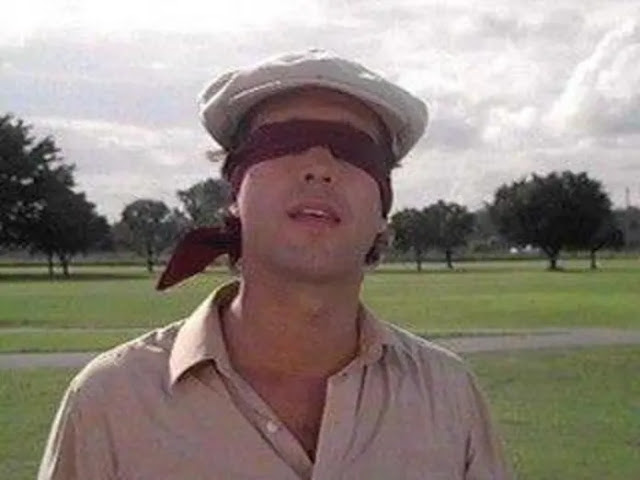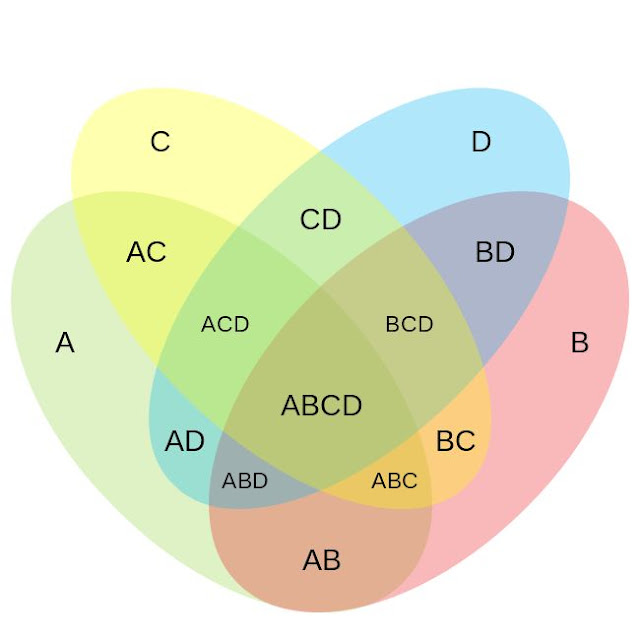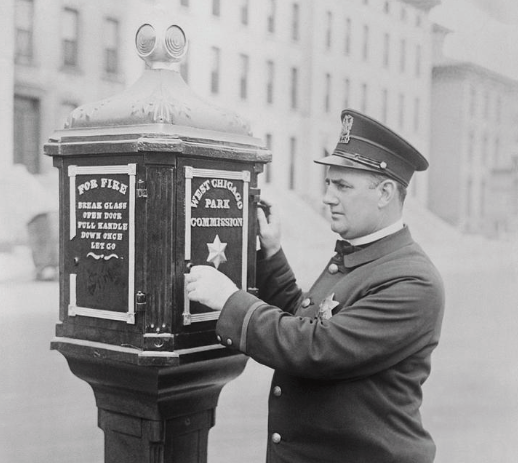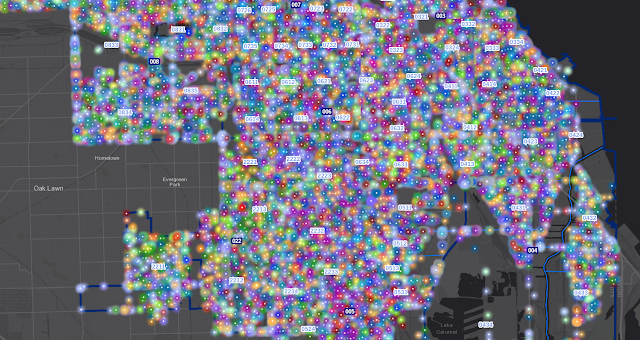Prodaptive versus Adaptive

Adaptability was yesteryear’s concept. Today’s leaders understand prodaptability . Adaptability holds a passive connotation; whereas prodaptability is proactive. Adaptive organisms are reactive & responsive to change. Prodaptive organisms are even better suited to change, because they’ve purposely & proactively pre-adapted themselves, based on… meta-understanding of adaptability, good anticipations of the future. If you’re prodaptive, you’re not just responding to change, you’re making the change! As John Boyd (the OODA guy) would say, you’re “shaping” your environment to meet your needs & wants. Where the adaptive control their ship’s sails, the prodaptive impact the direction of the winds. Or at least building better boats. Prodaptability is appreciating the articulable traits, characteristics, & behaviors of things that are adaptive, but taking it a step beyond: They purposely build these aspects into themselves, their conte...








